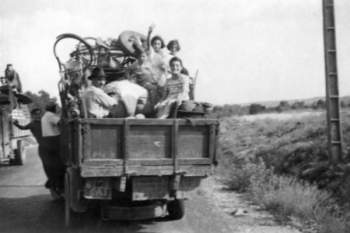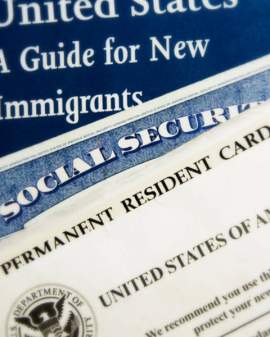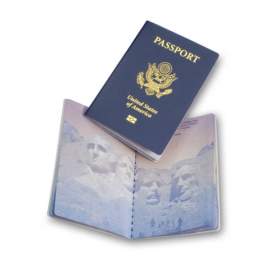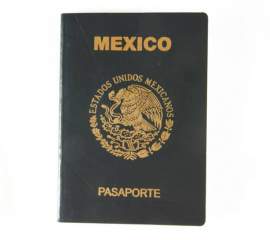
World War II Refugees

Must Read
When an event is billed as a "World War," one would expect that it would affect quite a number of people from a variety of regions. World War II, therefore, lived up to the definition of a World War and then some.
The showdown between the Axis powers and Allied forces lasted over half a decade and claimed the lives of about seventy million people, making it the most lethal conflict in world history. As regards the second half of this informal definition, World War II truly was a world war. Though much of the fighting and many storied battles occurred in Europe, practically every continent was touched by WWII.
Japan's emergence as a belligerent nation and partner to German forces led to skirmishes in Japan, China, the Philippines, and elsewhere in Asia. North Africa also saw its share of fighting between Axis and Allies; included among the various operations in Africa was the Tunisia Campaign which future president Dwight Eisenhower would participate in. North America and Australia also lent soldiers and ammunition to the fray. Obviously, for the sake of the former, the United States became embroiled in the conflict, but Australia came prepared to battle during this time, declaring war on Germany from its invasion in Poland that many use to mark the war.
South America was also shown to have been impacted by war as well. One would be remiss if he or she did not consider the effect of war on refugeeimmigrationJewish Refugee MovementsHolocaust
The circumstances surrounding the authorization of the United States to deploy the atomic bomb on Hiroshima and Nagasaki in the second World War arguably demonstrated some of the worst elements of war amid the destruction and chaotic aftermath. For one, the dropping of explosives with thousands of tons of explosive force killed many people in an instantaneous and dehumanizing manner. Worse yet, the majority of these people were not armed hostiles or even prisoners of war, but defenseless civilians who had no time to prepare themselves for the blast that awaited them.
Even if they could prepare, the devastation was so profound that they likely would have been at a loss of what to do in any event. To top all of this misery off, the struggle was not over for Japan even as the smoke cleared. On a biological level, thousands more victims of the explosions would succumb to the effects of radiation just within the next five years. Even with the occupation of Japan, though, the conditions did not improve, and in terms of conditions for refugeeism, they only grew more numerous. Instances of rape
The creation of a new Jewish state within Palestinian boundaries was a critical event on the timeline of post-war Eurasia, and for the Jews, an important gain. However, the demise of British colonial rule in the Middle East and the subsequent creation of Israel circa 1948 would foreshadow even bigger, more tangible losses for Palestinian Arabs. Prior to the revocation of the British Mandate by the United Nations' partition of Palestine, the region was already prone to disorder, with Arab reactions to Jewish immigration putting pressure on British governors to deny Jews residence.
Shortly after the emergence of Israel, fighting escalated yet again in the form of the Arab-Israeli War. The nation of Israel was put in a position of defense by the aggression of Arab forces seeing the new nation as a threat. Still, Israeli victory proved decisive in the wake of Arab military blunders, despite the latter drawing from five countries' worth of resources.
Ultimately, this portion of the ongoing Israeli-Palestinian conflict was most damaging to the Palestinian cause. Over two-thirds of the Palestinian population became refugees directly from the Arab-Israeli War, and the number grew yet larger with the Six-Day War years later. The term "Palestinian refugee," even before the 1951 Geneva Convention, was detailed by the UNRWA and based on being or being a descendant of someone displaced by the 1948 conflict.
NEXT: Refugee resettlement trends in America





















